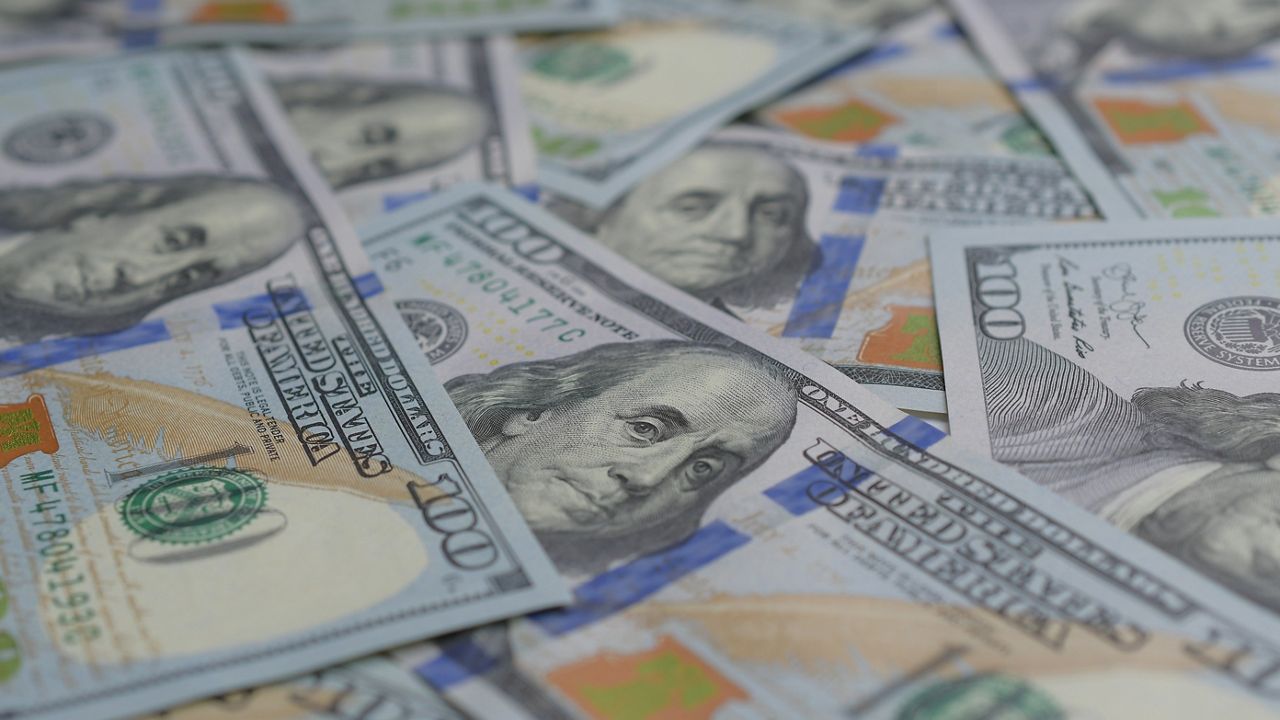A group of legal and economic scholars on Friday released a letter to top officials in New York urging them to approve a tax increase on billionaires.
The letter comes amid a concerted push from progressive organizations to increase taxes on upper income earners in the state budget next year after the COVID-19 pandemic dried up tax revenue and created a yawning budget gap.
The letter was sent to Gov. Andrew Cuomo as well as Senate Majority Leader Andrea Stewart-Cousins and Assembly Speaker Carl Heastie.
“More than a million New Yorkers remain unemployed. Billions of dollars in budget cuts to essential services and institutions are beginning. Thousands remain ineligible for state or federal unemployment assistance," the letter states. "In this moment of fiscal emergency, it would be a moral and economic failure for New York’s Legislature and Executive to leave this money on the table."
Cuomo this week acknowledged tax increases in the state budget next year are likely, even if the federal government approves direct aid to states and local governments. Cuomo is seeking $15 billion in stimulus funds to make up for the shortfall, but a package is unlikely to be unveiled until February.
New York's budget is expected to pass by March 31, the start of the state's fiscal year.
Cuomo in the recent past has not embraced calls to increase taxes on rich people in New York, worried the highly mobile wealthy will be able to easily leave the state. New York depends on a relatively small number of tax filers to fund much of the state budget through the personal income tax.
Democrats in the state Legislature, however, are pushing the tax discussion forward now, about a month before Cuomo unveils his plans for the 2021 session.
“Our current tax system has allowed the ultra rich to gain exorbitant wealth while regular New Yorkers are suffering. We have the opportunity and responsibility to right this wrong — reimaging and rebuilding our systems so that they work for everyone,” said Sen. Jessica Ramos, who sponsors the bill. “This letter demonstrates what we already knew: it’s constitutional and fiscally prudent to pass a Mark-to-Market tax.”


